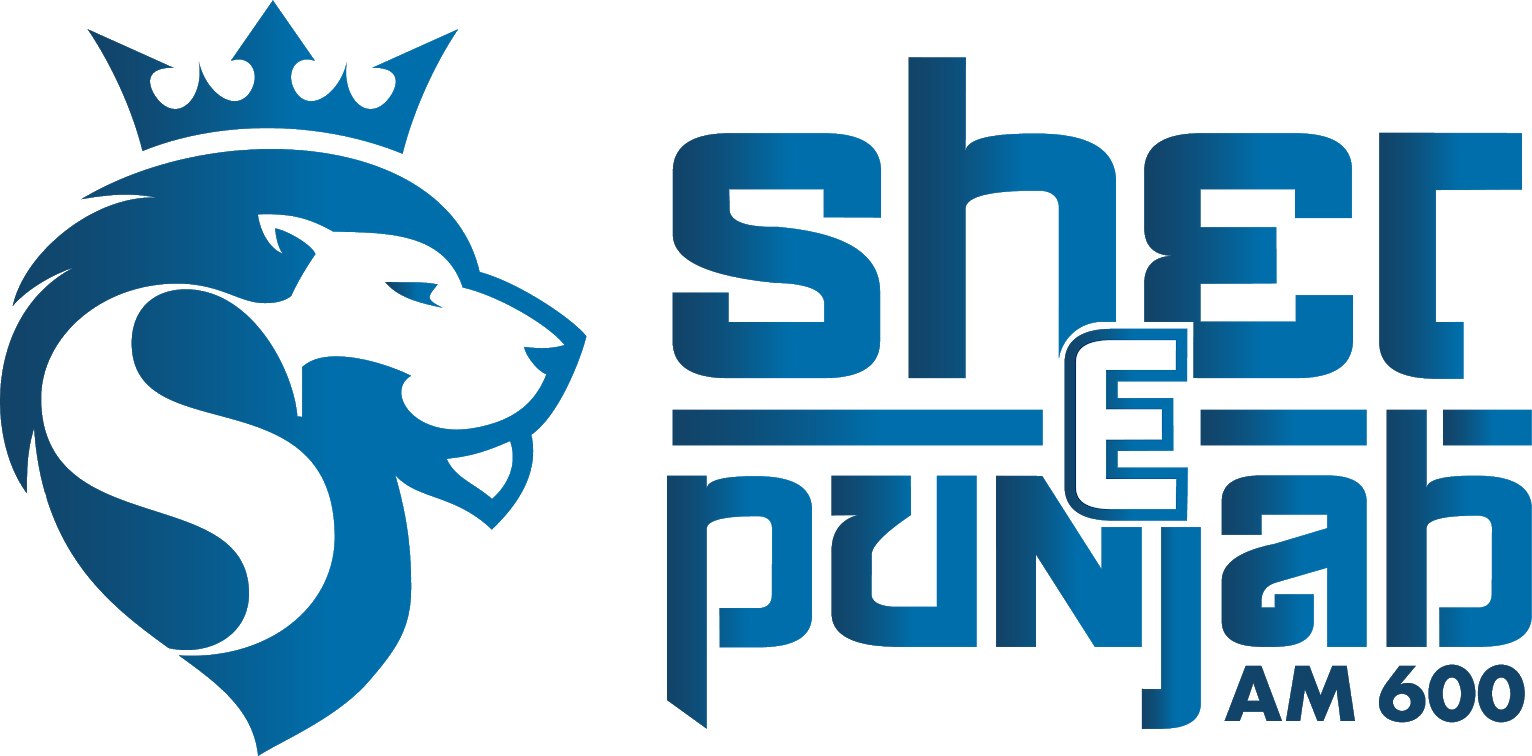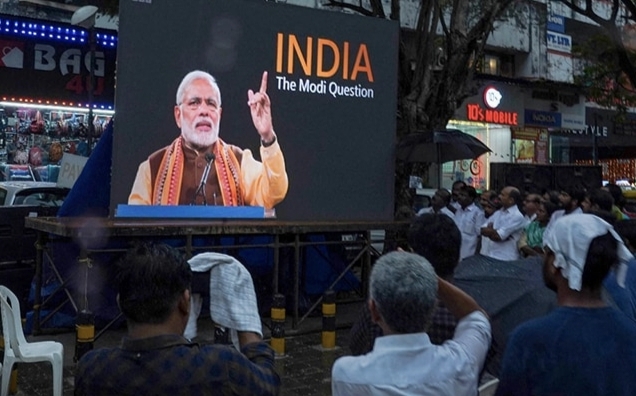New Delhi: The matter of banning BBC documentary has reached the Supreme Court and a petition has been filed in this regard. The petition, filed by advocate Manohar Lal Sharma, has challenged the central government’s decision to ban the documentary. The supreme court will hear the matter on February 6.
The petitioner, advocate ML Sharma, had sought an early hearing, but CJI D Y Chandrachud said the matter would be heard on February 6. The petition has challenged the Central government’s order banning the controversial two-part documentary ‘India: The Modi Question’, produced by the BBC on the 2002 communal riots in Gujarat and the circumstances that followed.
The petitioner has sought a direction to quash the order issued by the Ministry of Information and Broadcasting, Government of India on january 21, 2023 on this documentary, terming it arbitrary, unfortunate and unconstitutional.
In the petition, the court has been requested to order both parts of this BBC documentary, which has become the root of controversy across the country, in the court and the contents present in them should be thoroughly investigated.
The court should then order action against those who were directly or indirectly responsible for the 2002 Gujarat riots.
The court should decide whether the citizens of the country have the right to view news, facts and reports on the 2002 Gujarat riots under the right to expression given under Article 19(1)(2) of the Constitution. Can the central government curb the fundamental right to freedom of press and expression?
Can the President invoke the emergency provisions by the Central Government, without declaring emergency using Article 352 of the Constitution? The petition claimed that the BBC documentary contains recorded facts and evidence that can be used to bring justice to the victims.


